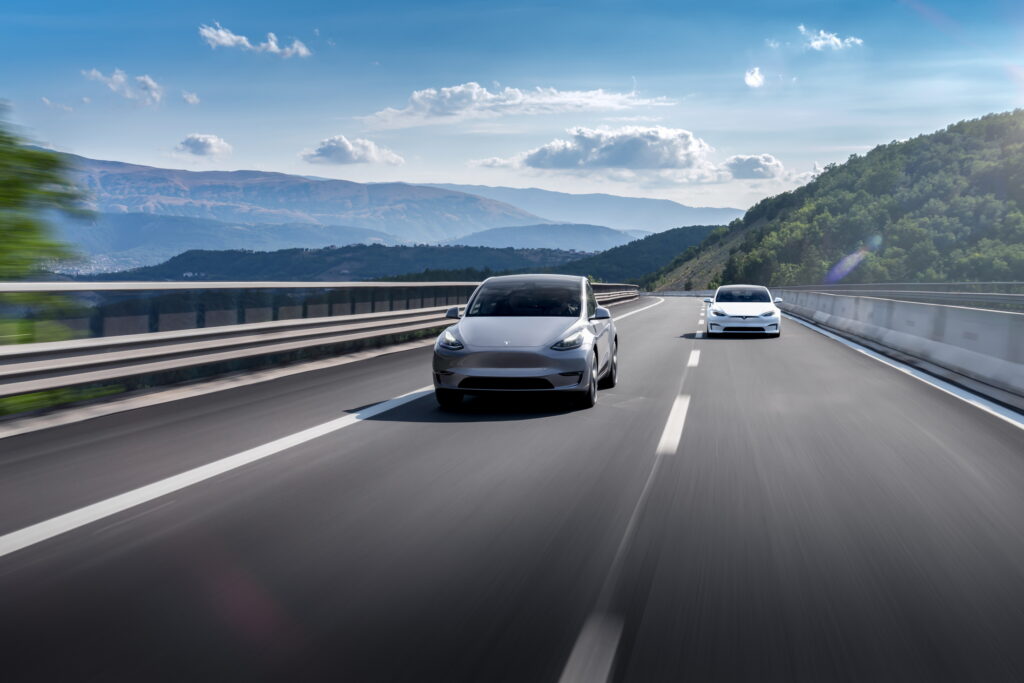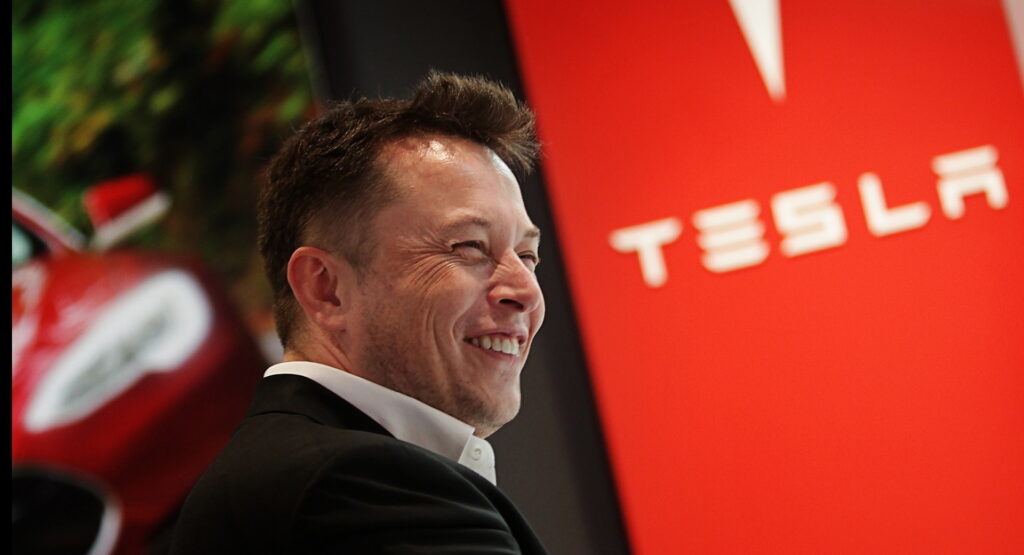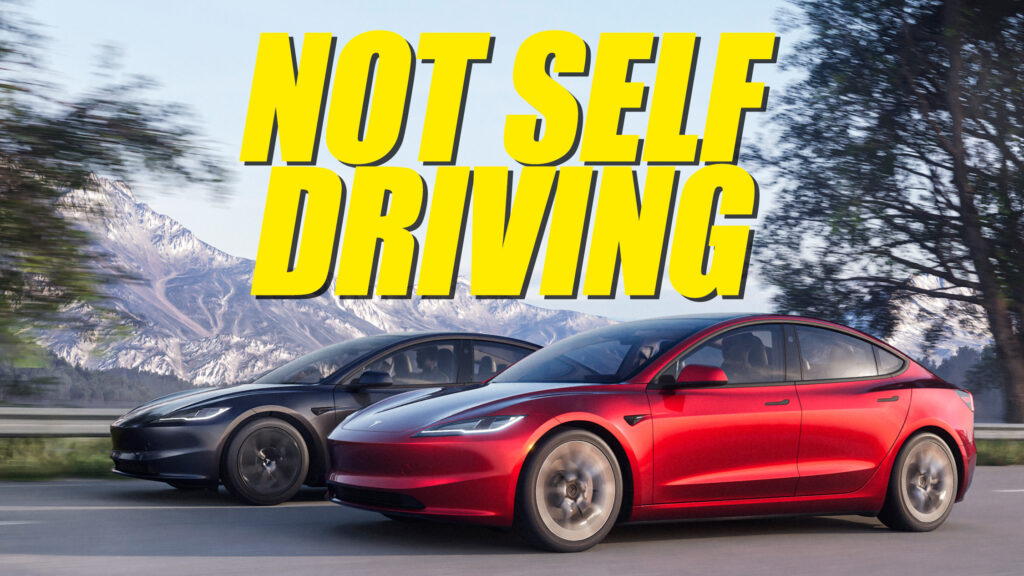- The complaint was filed by Thomas LoSavio, who paid $8,000 for FSD in 2017.
- Elon Musk and Tesla have long promised an actual full self-driving system but have failed to deliver.
- The court still needs to decide if it will grant the suit class-action status.
A U.S. District Judge has ruled that Tesla will need to face a proposed class-action lawsuit in court that alleges the carmaker has lied about the autonomous driving capabilities of its vehicles.
Tesla owner Thomas LoSavio initially brought the complaint against the world’s most valuable automaker before the court in 2022. In 2018, LoSavio paid $8,000 to have Full Self-Driving fitted to his Tesla, but despite Tesla and Elon Musk’s claims that full autonomy was coming, such advanced features haven’t been introduced.
Read: Elon Musk Reportedly Fired Supercharger Team In What Sounds Like A Temper Tantrum
Last year, Judge Haywood S. Gilliam Jr. dismissed the suit, asserting that customers need to pursue arbitration with Tesla first. LoSavio was allowed to amend his complaint and has now done just that. According to Judge Rita F. Lin of the Northern District of California, the complaint can proceed.
“Every year after LoSavio’s purchase, Musk allegedly repeated that Tesla’s cars were getting closer and closer to full automation, and that the next year — every “next” year — the cars would drive themselves,” the judge said. “As LoSavio noted during the hearing, these were not mere recitations. With each iteration, Musk’s statements became more specific.”

“For example, in April 2017, Musk allegedly said that Tesla owners could sleep while their cars drove in about two years. The next year, Musk allegedly claimed that Tesla would have over a million robo-taxies on the road in 2020. And in January 2021, Musk allegedly said he was “very confident” that Tesla would achieve SAE Level 5 autonomy that year based on the technical roadmap and beta iterations.”
In January, Tesla tried to get the complaint dismissed, alleging that LoSavio’s case was “on its last legs…and should go no further.” The court will rule on whether the case qualifies for class-action status at a later date, Bloomberg reports.
The news comes just a week after the National Highway Traffic Safety Administration questioned the efficacy of a Tesla recall involving more than 2 million vehicles equipped with its Autopilot driver-assistance system.




